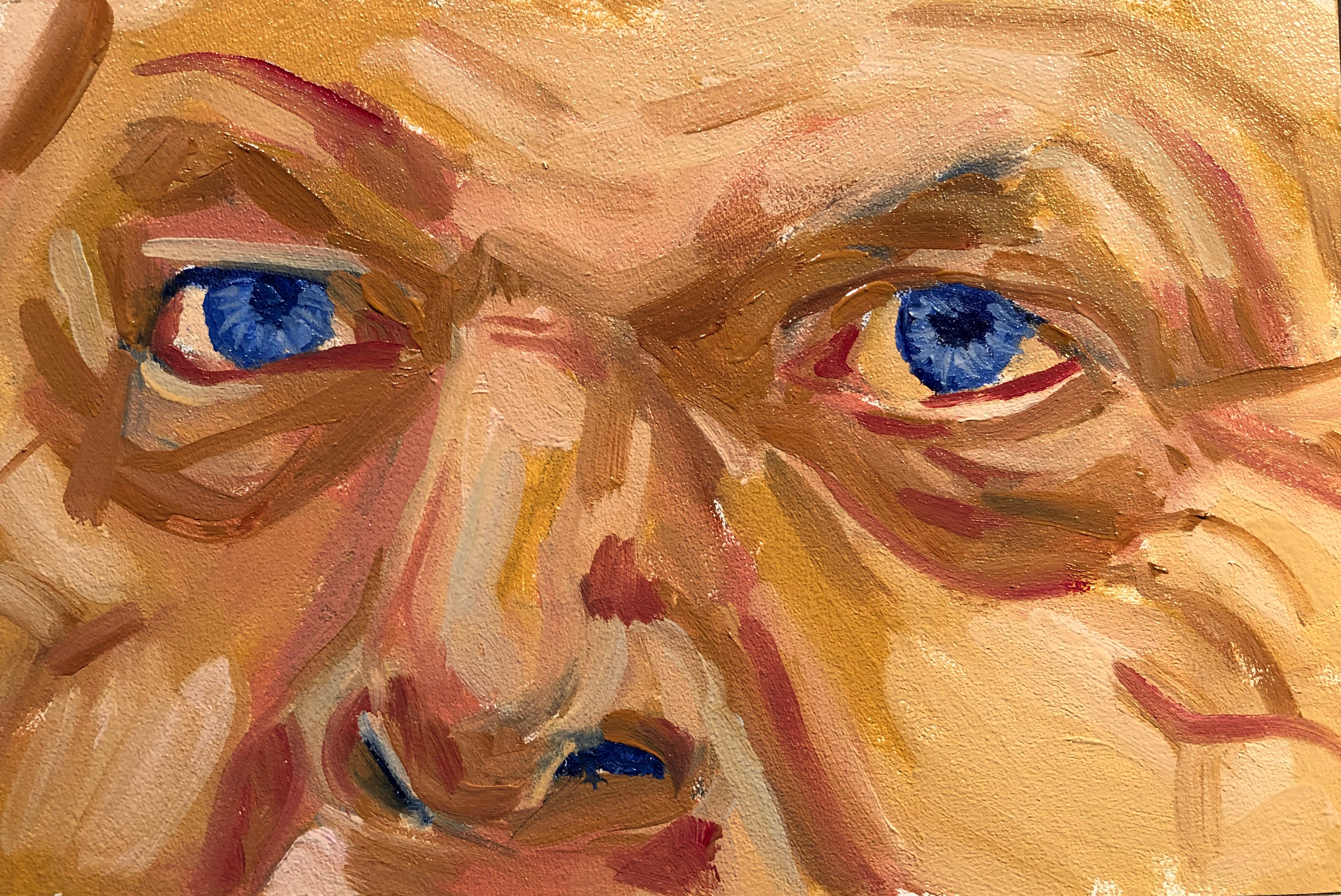I describe myself as “variably abled” because my abilities change from day to day, sometimes from hour to hour. I continue to be impressed by both the range of these traits as well as how quickly they shift. Sometimes I am gifted with great insights, quick wit, remarkable stamina, nearly a god. Other days, I feel heavier than a paperweight, frequently one that curses its own immobility. Worse, on more than one occasion, I have actively made preparations to kill myself. But rather than focusing on how my conditions have “disabled” me, I remain curious about the special advantages afforded by my “illness.”
I am not typical but I am not convinced entirely that I am “ill.” I might be tempted to embrace the notion of “illness” if my condition could be “cured.” Experts assure me my condition is chronic, life-long.
I embrace my diagnosis of bi-polar depression and though I recognize the power of such medical short-hand to convey information and expectations quickly, it is a seductive power. Just as a map is different from the terrain it describes, a diagnosis can take on a life of its own. I am more interested in living my own life than living out that script. I remember when my therapist applied this diagnosis. I asked her what did it mean to walk down that medicine path. I recall that my question amused her. She was offering a protective garment for me to wear, body armor that would shield me from certain elements, but I was concerned that it was not also a disguise.
Over the centuries, other nouns, equally powerful both proscriptive and descriptive, have been applied to folks with similar conditions. “Possessed,” for instance, captures the sense of powerlessness I’ve felt in the face of my own rage and self-hatred, a ragdoll clamped in the teeth of a beast. But if I am possessed by a demon, it is one with a short attention span. I feel just as frequently empty even of myself.
An appellation I find more productive is “shape shifter.” (A wonderful editorial appeared in the Vandermeer era of Weird Tales that made this same comparison.) I take different forms during my different states. I swear I’m taller on my better days, and I know my memory is sharper. I am able to remember times when I’ve performed well and I’m able to imagine a future with similar successes. On my darker days, I lose several traits typically prized by humans, for instance, language use. One marker I’ve discovered for the onset of depression is when I can no longer read German since I find myself unable to take the little risks necessary to “know” the vocabulary. Depression is as much a crisis of epistemology, of knowledge and knowing what one knows, as it is a crisis of identity.
The lycanthrope metaphor breaks down. It would be a true blessing, however, if I could predict the shape I’d be in by something as regular and externally visible as the cycles of the moon. My metamorphoses occur at nearly any time, frequently with little warning. The medical short hand is “rapid cycling” and occasional “mixed state.”
I also balk a bit at the word “werewolf” for poetic reasons because my alter form spiritually and physically more resembles a bear. Yes, I have an idea of exactly how psychotic that sounds but an odd similarity links visions that are psychotic, prophetic and poetic. (See Kay Redfield Jameson’s Touched with Fire for traits well suited to lyric poets and crazy folk.) Other cultures have roles for folks like me, names like “shamans” or “wizards” alternately revering us or stoning us to death. Names for conditions like mine are valuable not just as self-appellations but also in providing cues as to how we can be most productive in society. We behave differently in the presence of a shaman than we do in the presence of a crazy man, more reverently at least. In this dis-enchanted world, we have lost this sense of reverence even as we’ve gained our skepticism for snake oil.
Though we lack shamans and wizards, American society has a character type for people as variably abled as myself. We call them super heroes. I am not overly a fan of these costumed vigilantes — give me Harvey Pekar or Allison Bechdel for my graphic literature, thank you. But I can relate to the pathos of “mutants” coping with gifts that resemble curses, with attention that quickly turns to condemnation. Who’s to say that our “neurological atypicality” in fact aren’t super powers, perhaps even ones uniquely suited to addressing uniquely contemporary challenges? Perhaps the intent, dispassionate focus of persons on the autism spectrum is a super power to cope with Big Data and the threats it presents to our notion of human autonomy?
One way my condition preps me for a comic book role is like Lucius Fox or James Bond’s “Q” I am a tinker for dark times. I tend to build mechanisms — patterns and habits — that can withstand the worst of my darker days. I joke that I am “strategically lazy” since I build systems that I can operate when I have little steam. To call them labor-saving misses the point; these designs often require far more labor to construct than is ever “saved.” They are post-apocalyptic survival tools because I’ve walked through many a blasted landscape, if only in my mind. Though I have a somewhat twisted ingenuity and delight in ludic rationality, I’m not really The Joker. Isn’t there a better place for me than Arkham Asylum?
But don’t have super powers nor do I live in a comic book. I’m not a wizard or a shaman, not really. I’m not a werewolf/werebear, but I’m also not bi-polar. People aren’t characters any more that we are our diagnoses.
